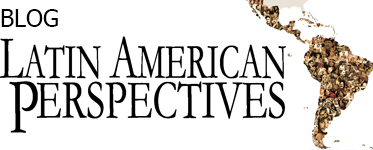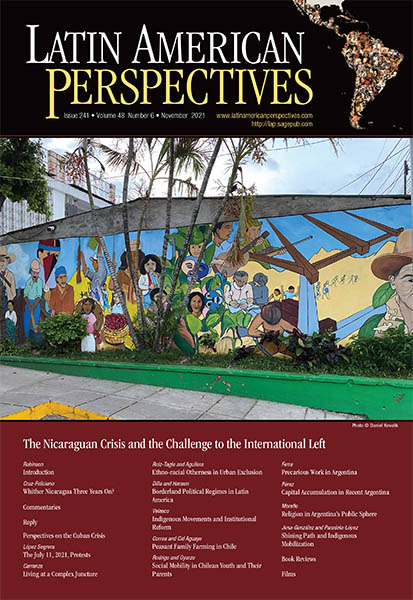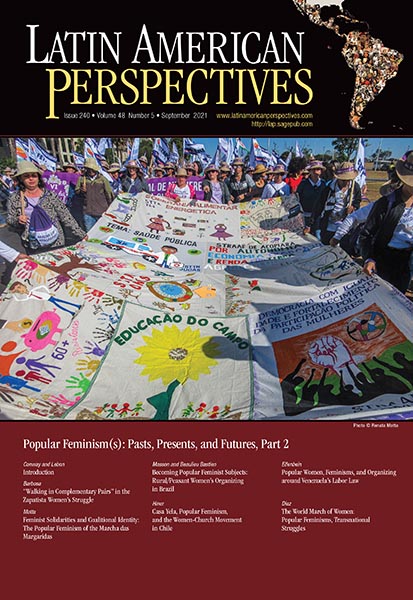Latest LAP issue! The Nicaraguan Crisis and the Challenge to the International Left
edited by William I. Robison https://journals.sagepub.com/toc/lapa/48/6 Debate is heating up among scholars over the ongoing crisis in Nicaragua. For some, the Ortega-Murillo government is a continuation of the 1980s Sandinista revolution while for others it is a corrupt and nepotistic regime that has promoted capitalist expansion while carrying out harsh repression against its opponents. This symposium brings together 10 scholars who debate the crisis at a time when it is generating deep fissures among the left and progressives in and out of the academy. This issue also includes two commentaries on the July 11, 2021 protests in Cuba as well as nine additional articles on a variety of topics including indigenous movements, agriculture, precarious work, religion, and film as well as a number of book reviews.




